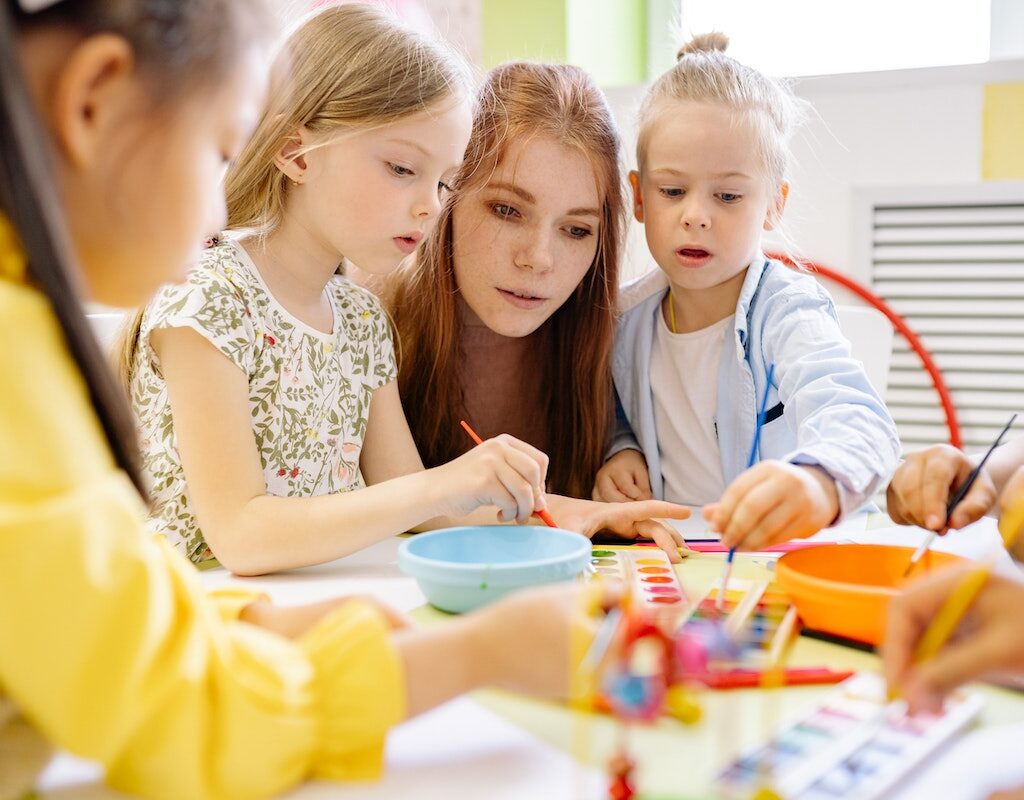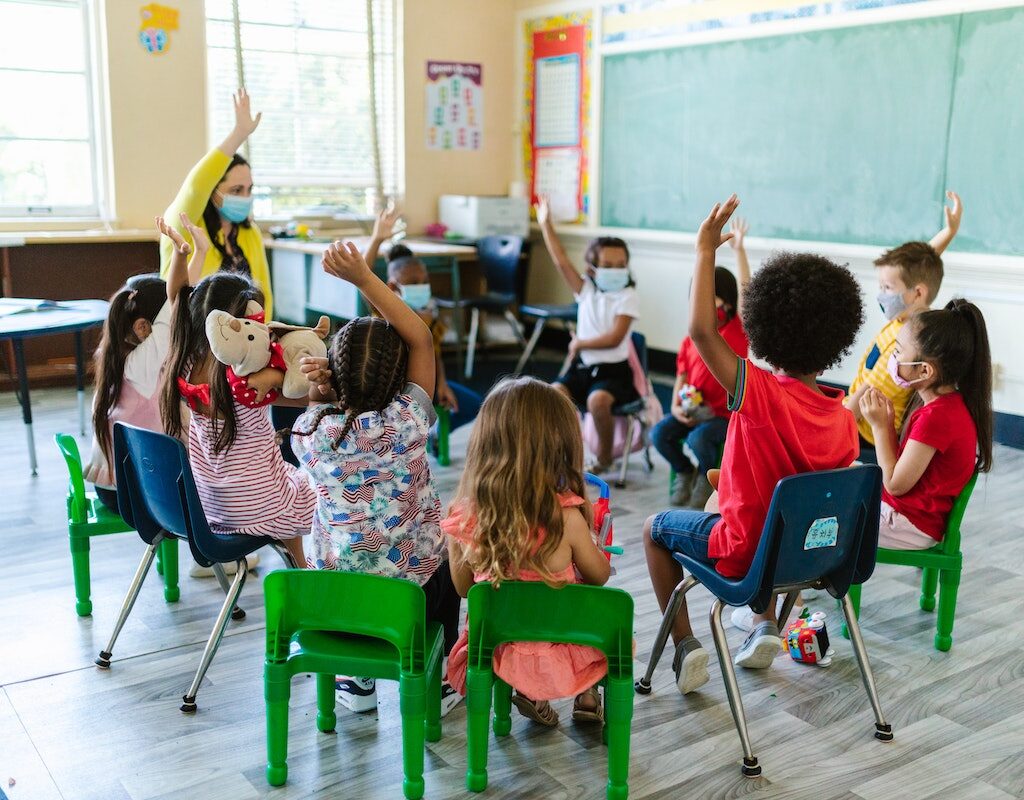Early Childhood Education (ECE) refers to the educational programs, initiatives, and activities designed for young children, typically between three to five age groups. ECE is a critical stage of development for children, as it is during these years that they begin to learn and develop essential cognitive, social, and emotional skills that will shape their future.

Early childhood education programs can take many different forms, including play-based learning, preschool, kindergarten, and daycare programs. These programs often focus on promoting children’s physical, cognitive, language, and social-emotional development through a variety of activities such as playing, reading, singing, drawing, and exploring.
Early childhood education also encompasses the role of caregivers, teachers, and parents in promoting children’s learning and development. These adults may provide a safe and supportive environment, encourage children to explore their interests, and engage in meaningful interactions that promote language, communication, and social skills.
The benefits of early childhood education are widely recognized, with research showing that high-quality ECE programs can lead to improved academic achievement, better social skills, and increased success later in life.
Purpose of Early Childhood Education?
The purpose of early childhood education is to provide young children with a solid foundation for their future academic, social, and emotional development. Here are some of the key purposes of early childhood education:
- Socialization: Early childhood education helps children learn how to interact with others and develop social skills. This is critical for their overall development, as they learn how to communicate, share, and cooperate with their peers.

- Cooperation: Early childhood education promotes cooperation, collaboration, and teamwork, which are important skills for success in later life.

- Holistic Development: Early childhood education focuses on the holistic development of children, including their physical, cognitive, social, and emotional development.
- Brain Development: Early childhood education can help promote healthy brain development by providing young children with the stimulation and experiences they need to build strong neural connections.
- Exposure to Diversity: Early childhood education can help children learn about and appreciate diversity in all its forms, including different cultures, languages, and backgrounds.
- Confidence and Self-Esteem: Early childhood education can help build children’s confidence and self-esteem by providing them with opportunities to learn and succeed in a supportive environment.
- Patience: Early childhood education helps children learn patience and self-control, which are important skills for success in later life.
- Concentration: Early childhood education can help children develop their concentration skills and ability to focus on tasks.
- Resilience: Early childhood education can help children learn to overcome challenges and setbacks, building their resilience and ability to bounce back from adversity.
- Teamwork: Early childhood education promotes teamwork and collaboration, which are important skills for success in later life.
- Respect: Early childhood education helps children learn to respect themselves, others, and their environment.
- Value of Education: Early childhood education helps children develop a love for learning and a lifelong appreciation for education.
- Enthusiasm for Lifelong Learning: Early childhood education can help instill a love of learning in children, setting them up for a lifetime of curiosity and exploration.
In conclusion, early childhood education plays a critical role in shaping a child’s overall development and sets a strong foundation for their future academic and personal success.

Every child is unique and learns at their own pace. It’s important for parents and caregivers to avoid pushing children too hard and instead encourage them to explore and discover the world around them. It’s also important to teach children the value of giving and to answer their countless questions, even when it may be challenging.
Most importantly, children need to be surrounded with love and laughter to develop emotional resilience and become strong individuals. By providing a nurturing environment, children can develop the confidence and skills they need to succeed in life.

